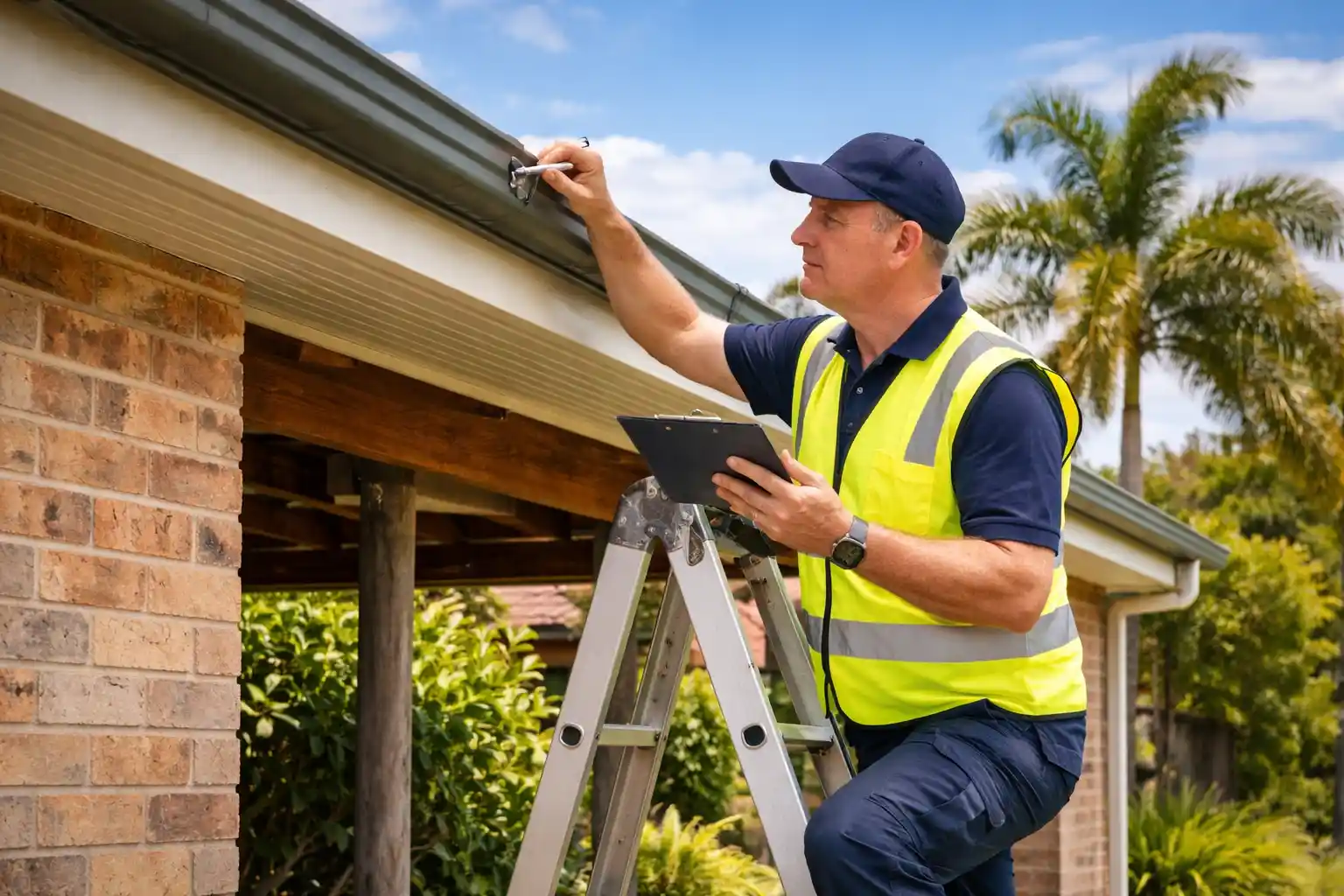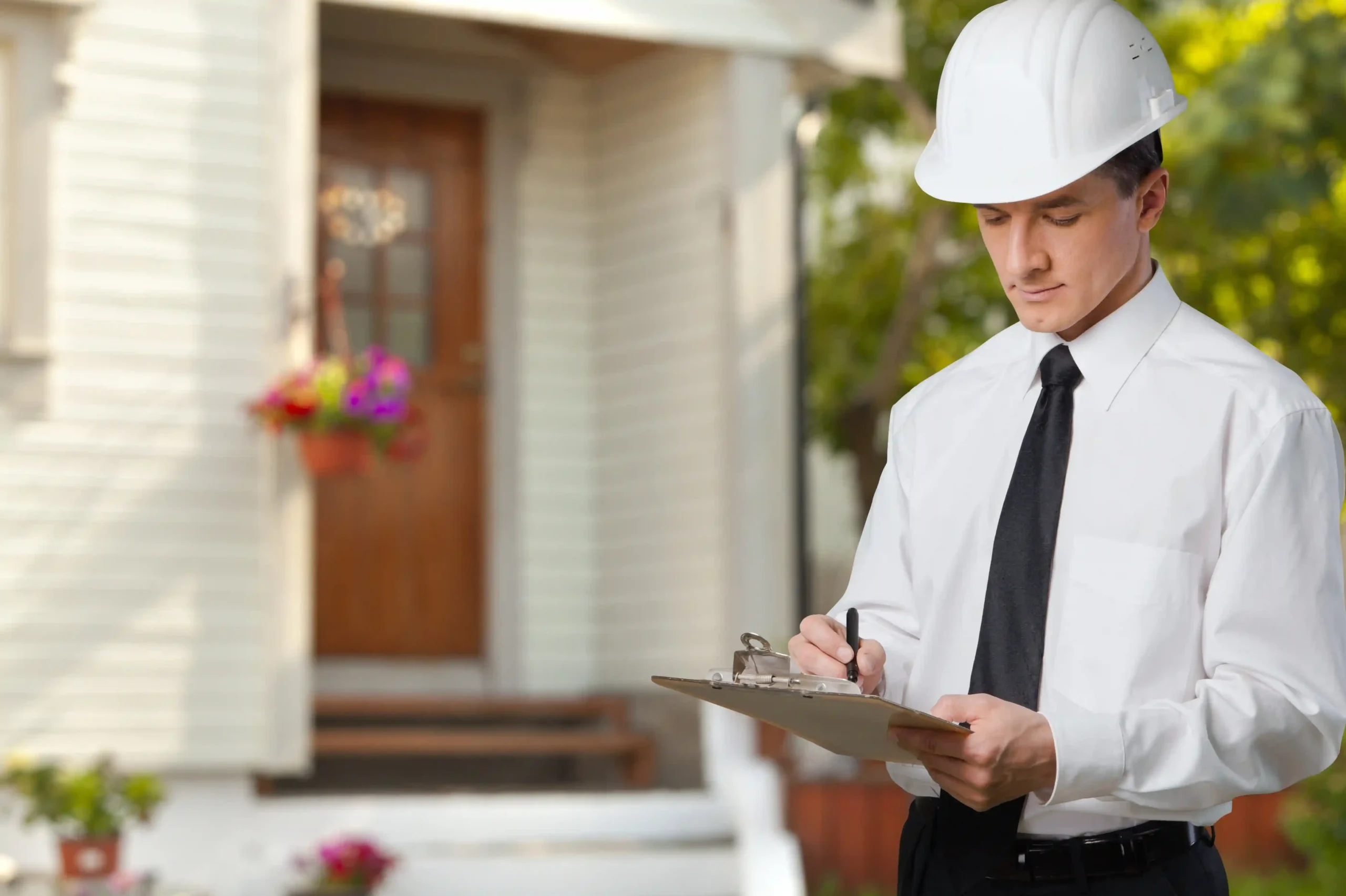For any prospective property owner, the buying and closing process must be done by the book to avoid potential issues. Whether a residential or commercial building, the process ensures that the buyer knows the property is legally transferred to them. However, many property buyers are often tempted by the prospect of skipping certain parts, such as the building inspection.
A building inspection is done to ensure that the property is in good condition and that any potential problems are identified. A qualified inspector will examine the building for structural defects, pest infestations, water damage, and other issues during the inspection. They may also test for mould, asbestos, and other potential hazards. However, many buyers often take this for granted because they think most issues are trivial, which is rarely the case.
If you don’t see the value of an inspection when buying a property, here are several benefits you can reap:
#1 – Ensures Your Safety
A building inspection provides you with a detailed report of the property’s condition and any potential risks that may be present. This is especially important if you’re buying an older property, as it can tell you if any safety issues need to be addressed before you move in.
Let’s say the inspection reveals a structural problem or a hazardous condition that needs to be taken care of. With this knowledge, you can make an informed decision about whether or not the property is worth the purchase.
#2 – Better Negotiating Power
A building inspection can also give you a better position for negotiations regarding the purchase of the property. You can use this as leverage to negotiate a better deal if it reveals any significant issues or potential risks.
For example, if the property needs extensive repairs and renovations, you can ask the seller to reduce the price to cover the costs. Or, if the inspection reveals that the property is in excellent condition, you can use this as an opportunity to negotiate a lower price. It ultimately depends on what the inspection reveals and how you use the information.
#3 – Prevents Illegal Improvements
A building inspection can help prevent illegal improvements from being made to a property. Suppose you are purchasing a property, and the seller has made changes that do not comply with local laws and regulations. In that case, an inspection can flag these issues and help you avoid a potentially costly situation.
Additionally, suppose the seller has made improvements to the property that must be up to code. In that case, an inspection can help you identify and rectify these issues before closing the property.
#4 – Forecasting Future Issues
A building inspection can also be used to forecast future issues. An inspector will look for signs of wear and tear and potential problems that could arise in the future. This can be very helpful in planning for future maintenance and repairs.
Additionally, an inspector can look for potential safety hazards, such as faulty wiring, water damage, or structural issues. This can help you prepare for any potential problems that could arise in the future.
#5 – Saves Valuable Time and Money
A building inspection can save you valuable time and money because by identifying issues early, you can save on costly repairs and remedy problems before they become too serious. Additionally, an inspection can help you identify areas where you can cut costs, such as energy efficiency improvements or upgrades to outdated systems.
What to Expect during a Property Inspection
At the start of the inspection, the inspector will review the property and note any visible defects or problems. The inspector will then thoroughly inspect the property’s interior and exterior, looking for any possible structural, electrical, plumbing, or other issues.
The inspector will also check for safety hazards, such as faulty wiring, water intrusion, or other potential problems. Once the inspection is complete, the inspector will provide you with a detailed report outlining any issues found and recommendations for addressing them. If the seller rectifies these problems, another inspection may be arranged, and the inspector will provide a follow-up report to confirm that the issues have been addressed.
The cost of a property inspection varies significantly because of the scope and complexity of the inspection. Generally, the cost of an inspection is based on the property’s size and the building’s age. However, one can expect to pay around $400 to $500, covering a typical inspection for a single-family home. For commercial buildings, a property inspection can cost upwards of $500 to $600.
Conclusion
A building inspection is vital when purchasing a property because it ensures it’s safe and structurally sound. The process is straightforward, and all it takes is finding a qualified building inspector to do the job. When you do, you can rest assured that you’re making a sound investment with a property in good condition.
C & W Services provides top-quality services for commercial building inspections. Any property must be safe and secure for everyone who uses it, so our professional inspectors will ensure what you’re buying is up to standards. Visit our website today to get a quote!



